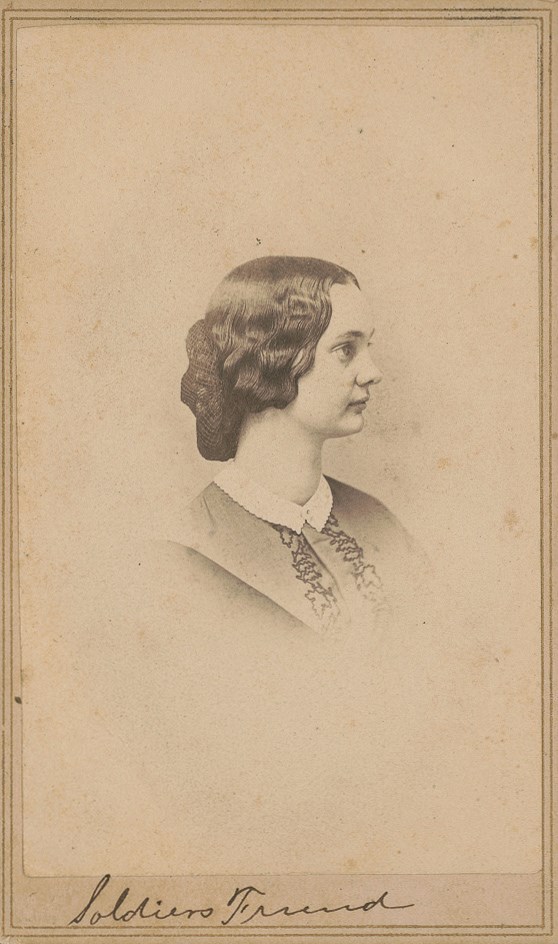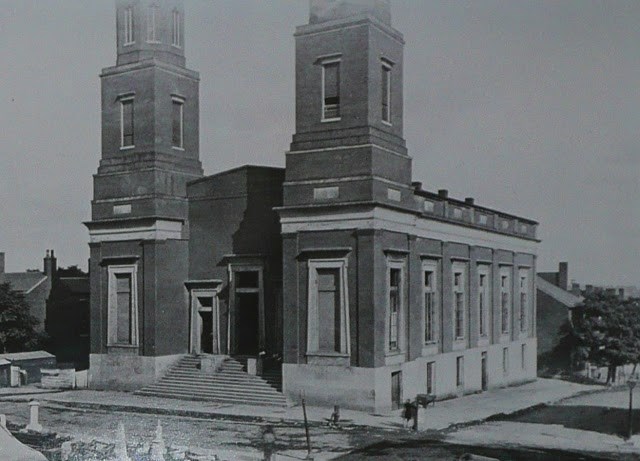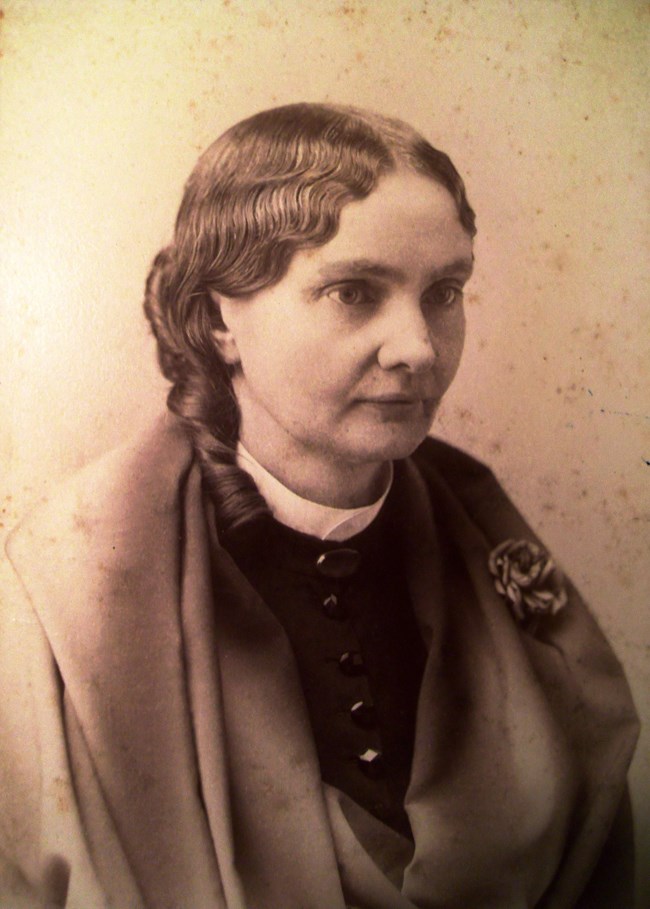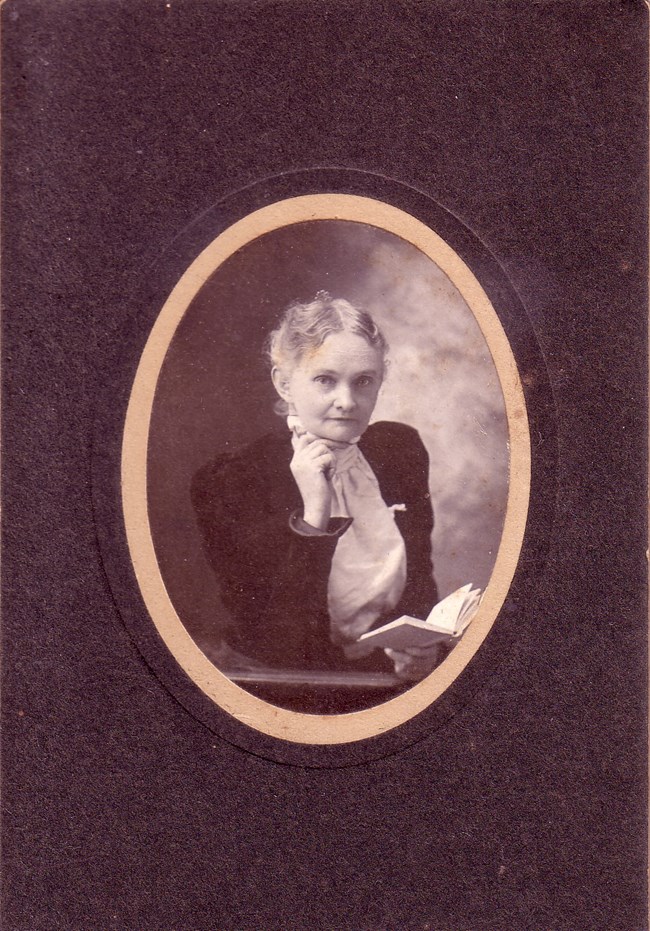
“This blessed woman, whom I’ve always called ‘my angel,’ snatched me from the grave down in Tennessee and saved my life; sick and discouraged and homesick she made me live and get well.” Wounded Union Soldier
Library of Congress 
After the Battle of Stones River, Mary met Jacob Telford who had been seriously wounded at the Battle of Stones River while serving with Company B of the 15th Indiana Infantry. Telford hailed from Mary’s hometown of Seneca, New York. Mary and Jacob fell in love during his recovery. Mary resigned from nursing in 1864 and married Jacob shortly thereafter. 
“Her army experience greatly strengthened her desire to elevate and better mankind and thereafter her life was zealously devoted to all things good.” 
|
Last updated: August 15, 2020
